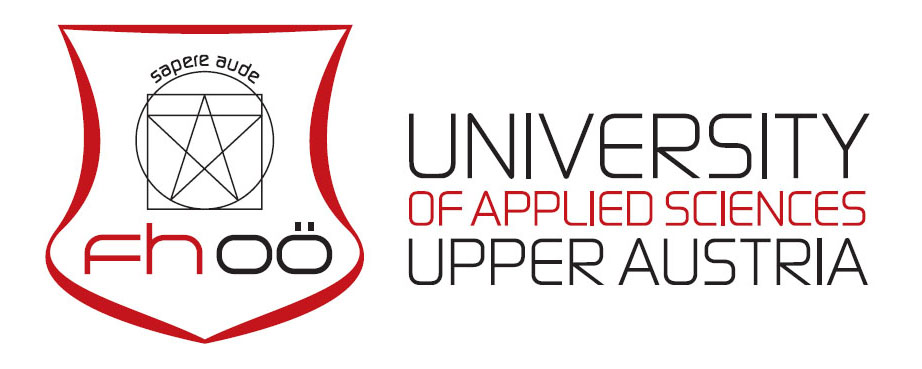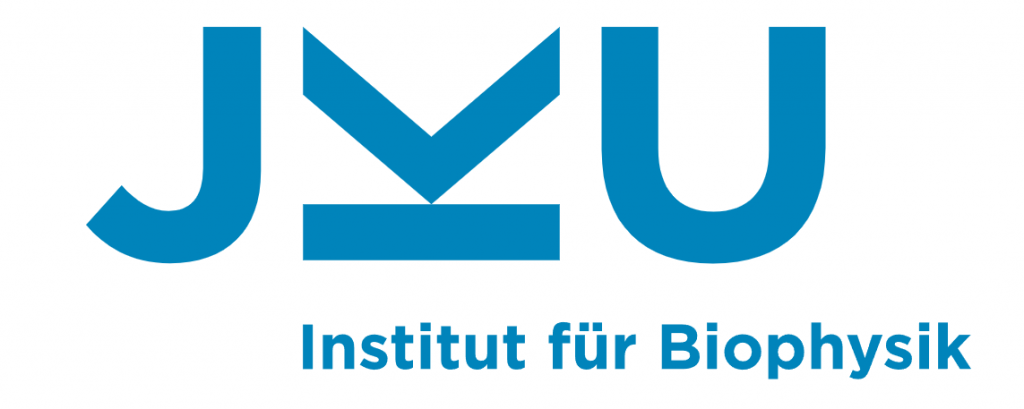Our Mission
NanoPrecMed connects leading research institutions from Austria and the Czech Republic with the goal of jointly advancing the development of a competitive biotech/biopharma industry in the regions. The focus is on new diagnostic and therapeutic procedures for nanomedicine. The project promotes innovation, education, translation, and economic development in the Austrian-Czech border regions.
The project is aimed at students, young researchers, company founders, and SMEs and implements the following measures:
- Joint training of students and young researchers
- Interactive workshop formats for exchange, training, and networking
- Development of concrete showcase applications
- Establishment of a sustainable structure to continue our mission beyond the project term

NanoPrecMed translates innovation into practice, opens career opportunities for young talents and strengthens the regional economy. The long-term vision: a competitive, cross-border biotech/biopharma landscape that retains talent, shares knowledge, and turns research into impact.
Project Details and Funding
NanoPrecMed is a cross-border initiative kindly funded by Interreg AT-CZ via the 2021-2027 program, project number ATCZ00052. Within its three years runtime starting July 2024, the project partners receive a total of 1 064 148,94€ in support out of the EFRE fund.
The NanoPrecMed Consortium Partners

Biology Centre CAS specializes in infectious disease research and vaccine development, covering pathogenesis, diagnostic develop-ment, and preclinical therapeutic testing. Its BSL2/BSL3 labs are equipped for work with human primary cells, animal models, and advanced microscopy techniques. The facility employs classical virological and molecular biology techniques, supporting a wide range of research activities in infectious diseases.

The Faculty of Chemistry at Brno University of Technology excels in nanoparticle utilization and bio-informatic analysis of bio-molecules like DNA and RNA. It develops and characterizes nanoparticles for specific applications and with tailored properties. Moreover, researchers specialize in bio-informatics, analyzing genome sequences, gene expression, and protein structures to understand biomolecular functions.

Mendel University’s Department of Chemistry and Biochemistry develops biocompatible theranostic nano-bioparticles (NBPs) for targeted delivery of therapeutic and imaging agents into the brain and systemic tissues. These NBPs are central to precision, image-guided treatments, trackable in real-time. The team specializes in NBP design and manufacture, leveraging expertise in organic chemistry, formulation methods, and biophysical characterization in cells and animals.

The Medical Engineering Department at the University of Applied Sciences Upper Austria develops technologies in biophysics and biochemistry, focusing on tissue regeneration, therapeutic design, and quantitative analysis. Equipped with advanced microscopes, the lab specializes in atomic force and single-molecule fluorescence microscopy. The team draws on knowledge in biophysical and cell biological methods for studying cellular uptake and protein interactions.

The interdisciplinary team at Johannes Kepler University’s Department of Applied Experimental Biophysics uses modern technical methods of physics and biosciences to study biological systems at the molecular and cellular level.
The group investigates structure-function relationships of single molecules in immunology, pharmacology, microbiology and virology by means of various scanning probe microscopy and nanoscopic techniques.

LBI Trauma advances diagnostic, therapeutic, and regenerative research to stabilize and fully recover trauma patients. . Its interdisciplinary scientific strategy merges biomedical, translational, and clinical approaches. The institute is at the forefront of bench-to-bedside research and has experimentally developed several diagnostic and treatment approaches now routinely employed in clinics.
